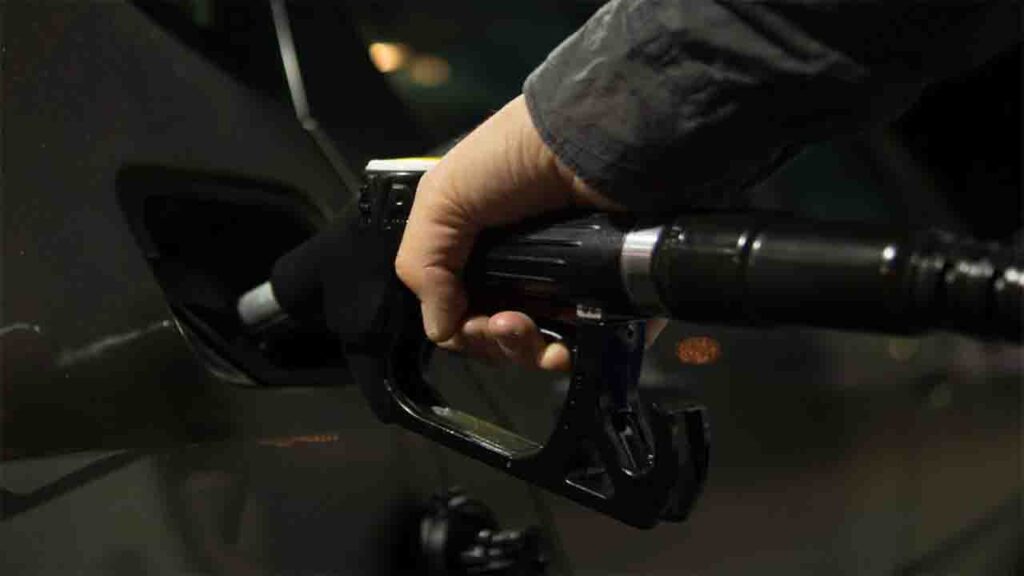UK (Commonwealth) _ Morrisons, the fifth biggest supermarket chain in the United Kingdom, has reached a £2.5 billion agreement to sell 337 petrol forecourts to Motor Fuel Group (MFG) for £2.5 billion in a new partnership. Clayton, Dubilier & Rice, a US-based private equity firm, owns both businesses.
As part of the agreement, MFG will also take over hundreds of Morrisons electric vehicle (EV) charging stations. Morrisons stated that the alliance will result in greater access to charge stations for cars and more money invested in the food side of the company. Throughout England, Wales, and Scotland, and one in Gibraltar, Wm Morrison Supermarkets Limited, carrying out business as Morrisons, operates 497 supermarkets, 340 gas stations, .The business’s main office is located in Bradford, England.
The store stated that it will also acquire a minority interest of around 20% in MFG as part of the planned merger. Under the terms of the deal, MFG will assume ownership of the Morrisons forecourts, comprising the retail and gasoline businesses, as well as more than 400 EV charging stations. The businesses stated in a statement on Tuesday that Morrisons will continue to provide goods and meals throughout the forecourts, with its name continuing to appear above the entrance.
Employees will be offered a new role with the same salary and conditions of employment as Morrisons, but MFG works under a somewhat different model where workers are hired by a franchise holder, they claimed. This will mostly certainly be a place in the store that has the forecourt linked to it. They also stated that there won’t be any forced layoffs.

Increasing capital
The firms promised in their statement that Morrisons forecourts will continue to offer reasonably priced grocery fuel. Along with the intentions to invest in additional EV charging stations, they also discussed the provision of food-to-go and valet services in the forecourts.
Morrisons and MFG’s relationship will allow us to pool our respective resources and experience to provide customers with the greatest value at the pump, in our convenient shops, and in our supermarkets, according to Morrisons CEO Rami Baitiéh.
According to him, this implies that Morrisons’ consumers will continue to enjoy a competitive and alluring forecourt offering, which includes increased access to EV charging, in addition to reaping the rewards of a stronger emphasis on investment in the company’s primary food business.
MFG, which has 900 locations around the UK, has stated that it plans to install 800 ultra-rapid EV charges throughout the UK estate in the first five years following the acquisition. With over 1,300 in the UK, it would rank among the largest providers of EV charging stations under the terms of the agreement.
It is reminiscent of Asda, the supermarket competitor, which also agreed to acquire the gas stations owned by EG Group in the UK and Ireland last year. MFG CEO William Bannister stated that the basis of this agreement with Morrisons was our ability to hasten the UK’s development of ultra-rapid EV charging infrastructure.
Regardless of the vehicle our customers drive in the coming years and decades, we will be there to support and power them because we are essential to maintaining the nation’s economy, he stated. A goal for the quantity of high-powered electric car charging stations close to highways may have been missed, according to recent RAC data.
By the end of 2023, every highway service station in England was expected to feature at least six fast or ultra-rapid chargers as part of the government’s net-zero goals.
However, according to statistics from the motoring group, just four out of ten fit this requirement. As a result, experts are urging the planning procedure to be made simpler in order to facilitate the development of additional charging stations.
Sales fall short
Following its buyout by private equity, Morrisons is once again among the top supermarkets in Britain with the weakest performance. Sales at Morrisons in the 12 weeks leading up to January 21 were just 2.8% higher than they were a year ago, according to retail data firm Kantar.
That was better than the 2.1% increase at Asda, which is likewise failing under the hands of private equity. Lidl, on the other hand, saw the fastest growth in supermarket sales, rising 11.9%. Aldi had a 7.2% increase. Tesco and Sainsbury’s saw increases in market share as well, with sales rising by 6.3% and 8.1%, respectively.
The name “Wm Morrison” is an acronym for William Morrison, who founded it in 1899. It started off as an egg and butter stand in Bradford, England’s Rawson Market. Prior to 2004, Morrisons’ store locations were mostly concentrated in the North of England. However, that year saw the firm acquire Safeway, which greatly expanded its reach into Wales, Scotland, and the South of England.
Morrisons had 110,000 workers as of February 2021, and it provided weekly services to about 11 million clients. Up to October 2021, when it was purchased by the private equity group Clayton, Dubilier & Rice (CD&R), the company was listed on the London Stock Exchange. Following the takeover, the business underwent a lot of changes and was having financial difficulties. By market share (8.8%), Morrisons is the fifth-largest supermarket in the UK; however, in September 2022, Aldi surpassed it for fourth position.








